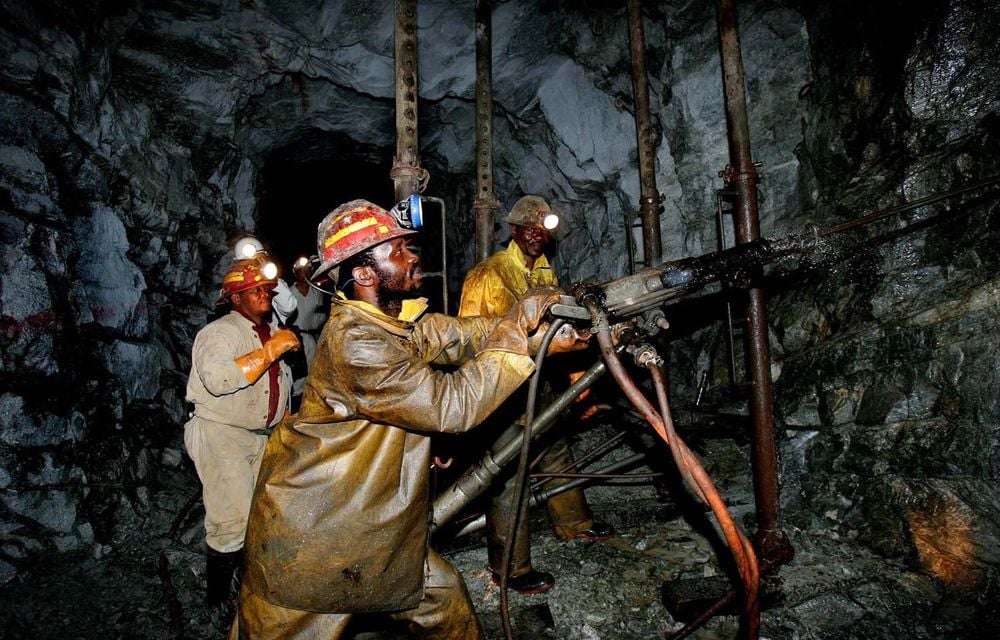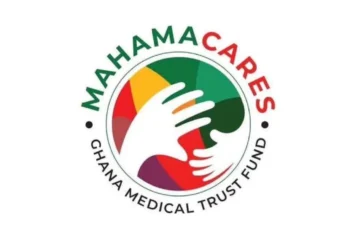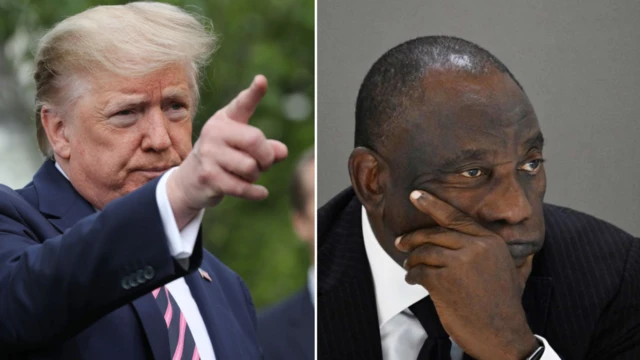The government Ghana is gearing up for sweeping reforms in the mining sector, aiming to overhaul the licensing regime to restore sanity and sustainability in the issuance of mining licenses.
The announcement was made by the Minister of Lands and Natural Resources, Emmanuel Armah-Kofi Buah, who outlined the government’s vision to reset the nation’s mineral wealth management framework.
“There is something fundamentally wrong with the approach in issuing licenses.
“We’ll carry out reforms in the licensing regime by shifting from the top-down approach to bottom-up.”
Emmanuel Armah-Kofi Buah, Minister of Lands and Natural Resources
Under the current system, mining licenses have sometimes been granted with little or no community consultation, leading to destructive mining practices that damage farmlands, pollute water bodies, and displace communities.
“We have issued prospecting mining licenses to people who have ended up digging everywhere — cocoa farms, water bodies — destroying the environment with impunity.”
Emmanuel Armah-Kofi Buah, Minister of Lands and Natural Resources
In the proposed bottom-up model, local stakeholders such as chiefs, District Mining Committees, District Security Commands, the Environmental Protection Authority (EPA), the Water Resources Commission, and community members will play a pivotal role in the licensing process.

These entities will evaluate prospective applicants and provide recommendations to the Minerals Commission, ensuring that local concerns are addressed before a license is granted.
“They’ll give recommendations to the Minerals Commission about the prospective applicants for licenses after engaging the local communities to express their concerns.”
Emmanuel Armah-Kofi Buah, Minister of Lands and Natural Resources
This, he added, would ensure responsible and sustainable mining that safeguards the environment and preserves livelihoods.
Hon. Buah reiterated that these sweeping reforms are being undertaken under the strong mandate of the Ghanaian people, who voted for the National Democratic Congress (NDC) to restore economic discipline, environmental protection, and social equity.
Mr. Buah underscored the need to hold the mining sector accountable for its environmental and social impact.
He referred to past instances where lax regulatory oversight allowed for widespread damage to natural resources and livelihoods. The reforms, he assured, would address such lapses and ensure the nation fully benefits from its mineral wealth.
Ghana to Revamp Geological Survey Authority

In addition to the changes at the Minerals Commission, the government is committed to revamping the Ghana Geological Survey Authority to enhance the identification and utilization of mineralized areas.
The Minister highlighted the importance of accurate geological data in promoting responsible and sustainable mining.
Reforms in the sector will also introduce key performance indicators (KPIs) for district chief executives, with a particular focus on sustainable mining practices.
“The reforms will include responsible and sustainable mining as key performance indicators for district chief executives across the country.”
Emmanuel Armah-Kofi Buah, Minister of Lands and Natural Resources
The government’s resolve to sanitize the mining sector comes amidst growing concerns over environmental degradation and unregulated mining activities.

The new reforms aim to strike a balance between economic benefits and environmental sustainability by ensuring that mining is undertaken responsibly.
The bottom-up licensing model is expected to empower local communities, allowing them to have a say in mining activities that affect their lives and livelihoods.
Additionally, involving key stakeholders like the EPA and the Water Resources Commission will ensure that environmental safeguards are embedded in the licensing process.
The reforms, he noted, are not merely a response to past failures but a proactive effort to lay the foundation for a thriving and sustainable mining sector.
By involving local stakeholders and enforcing stricter accountability measures, the government aims to create a mining industry that benefits the entire nation without compromising the environment or future generations.
These changes, as outlined by the Minister, represent a significant step toward achieving a mining sector that is not only profitable but also equitable and environmentally responsible.
READ ALSO: Europe Urged To Pursue Economic Independence As More Trump Tariffs Loom



















